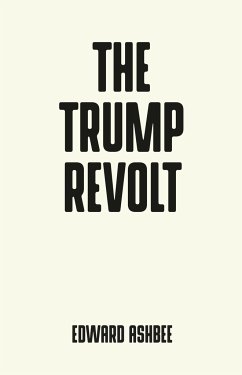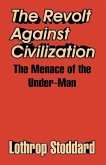The Trump revolt considers the reasons why Donald Trump won his surprise 2016 victory. The book charts the prolonged presidential election campaign and the realigning processes that took place. It assesses the ideas that defined the Trump campaign, the electoral shifts in states that had long been regarded as solid 'firewalls' for the Democratic Party, and the responses of Republican Party elites. Although he is subject to contradictory pressures, the book places Trump firmly within the right-wing populist tradition. It argues however that the sentiments that drove his campaign were not only a response to economic fears, high levels of inequality and racial resentment but were also shaped by the structural character of American governance which fuels hostility towards Washington DC and the 'political class'. What are the likely consequences of the election result? What does it mean for neoliberal principles such as free trade and limited government? How will it affect processes of governance? What are the implications for the party system and the conservative movement? The Trump revolt answers these questions by arguing that Trump's victory and parallel developments in much of Europe, as populist parties and causes have won growing numbers of followers, potentially mark a far-reaching reconfiguration of neoliberalism and the politics on which it rests.
Hinweis: Dieser Artikel kann nur an eine deutsche Lieferadresse ausgeliefert werden.
Hinweis: Dieser Artikel kann nur an eine deutsche Lieferadresse ausgeliefert werden.








